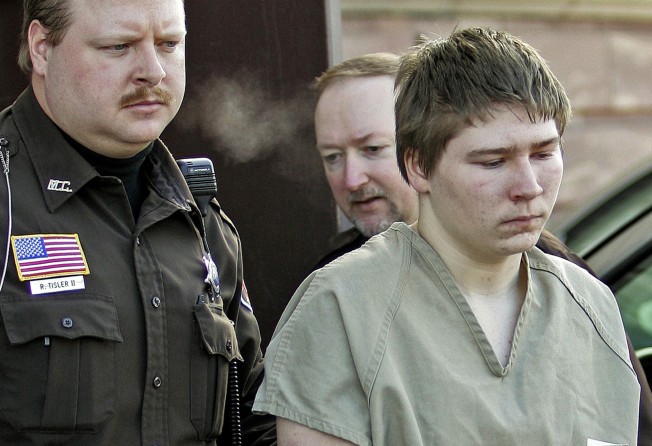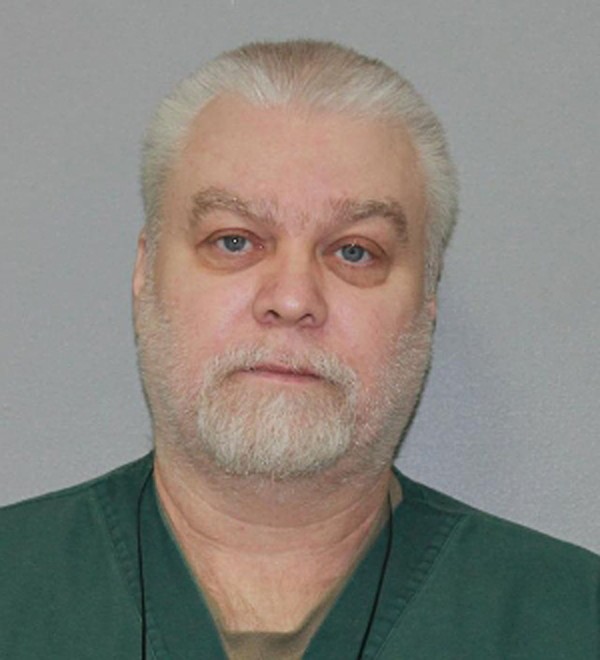US Supreme Court won’t intervene in ‘Making a Murderer’ case of Brendan Dassey, sentenced to life as a teenager
Dassey’s lawyers can still try to get him a new trial, but they would have to convince a judge that newly discovered evidence warrants one

The US Supreme Court said Monday that it would not weigh in on the case of a teenager convicted of rape and murder whose story was documented in the Netflix series Making a Murderer.
As is typical, the justices did not explain why it declined to take the case. The justices’ decision leaves in place a lower court ruling against Brendan Dassey.
Dassey was 16 when he confessed to Wisconsin authorities that he had joined his uncle, Steven Avery, in raping and murdering 25-year-old photographer Teresa Halbach before burning her body.
Dassey’s lawyers, however, say he’s borderline intellectually disabled and was manipulated by experienced police officers into accepting their story of how Halbach’s murder happened. They wanted his confession thrown out and a new trial.
Wisconsin officials had urged the Supreme Court not to take the case, telling the court it shouldn’t second-guess Wisconsin courts’ determination that Dassey’s confession was voluntary.
Prosecutors noted that Dassey’s mother gave investigators permission to speak with him, that Dassey also agreed, and that during the interview investigators used only standard techniques such as adopting a sympathetic tone and encouraging honesty.
The Wisconsin attorney general, Brad Schimel, said in a statement that his office was “pleased” with the Supreme Court’s decision not to take the case. “We hope the family and friends of Ms. Halbach can find comfort in knowing this ordeal has finally come to a close,” he said.
Dassey’s lawyers can still try to get him a new trial, but they would have to convince a judge that newly discovered evidence warrants one.
“We will continue to fight to free Brendan Dassey,” lawyer Laura Nirider said in a statement after the Supreme Court announced its decision.
The decision comes as there are plans for a second season of Making a Murderer, which premiered on Netflix in 2015.

Viewers of the first season were introduced to Dassey and Avery, the latter of whom spent 18 years in prison for rape before DNA testing exonerated him.
After his release, he filed a multimillion-dollar civil suit over his conviction, but in 2005, as that lawsuit was pending, he was arrested for – and later convicted of – Halbach’s murder. Avery maintains that he was framed.
At Dassey’s separate trial, video of him speaking with investigators and confessing to participating in Halbach’s rape and murder played a central role. Authorities had no physical evidence tying Dassey to the crimes, and he testified that his confession was “made up”, but a jury convicted him in 2007. He is eligible for parole in 2048.
While Wisconsin courts ruled Dassey’s confession was voluntary, a federal magistrate judge and a three-judge appellate court panel disagreed, saying he should be retried or released from prison.
Then, in late 2017, the full appellate court ruled 4-3 that the state courts’ determination that Dassey’s confession was voluntary was reasonable, meaning no release or retrial. The Supreme Court’s announcement it would not take the case left that decision in place.